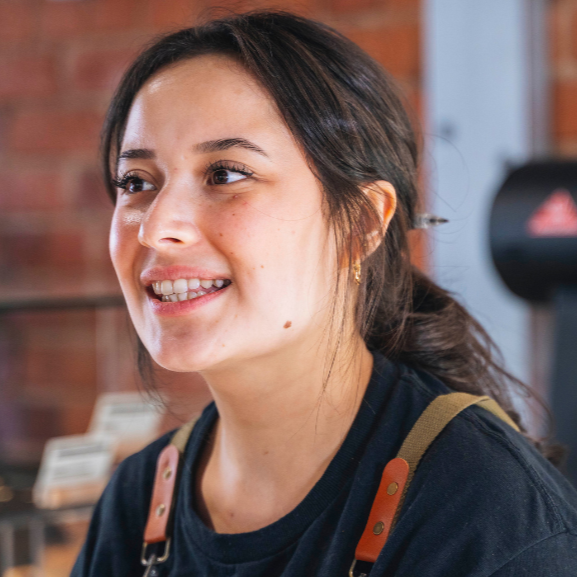Customer Portal

Arabica Coffee
Arabica coffee is grown in high-altitude regions, such as Africa, Mexico and Asia. These coffee beans usually have a smoother, sweeter flavour with notes of fruit chocolate, caramel and nuts. Explore our Arabica coffee at Crosby Coffee today!
Everything You Need to Know About Arabica Coffee
Coffee arabica (known scientifically with an ‘a’ instead of an ‘e’ – Coffea Arabica) is known for its complex flavours.
This type of coffee comes from the beans of the coffee arabica plant. This plant is usually found in subtropical climates with temperatures that range between 15 and 24 degrees Celsius.
Did you know that Arabica coffee has less caffeine compared to other types of coffee? Arabica coffee accounts for around 60% of the world's coffee production and is one of the earliest-produced coffee species!
There are different types of Arabica coffee beans, which include:
- Typica
- Bourbon
- Jackson
- Caturra
Most coffee beans pollinate from external factors, whereas Arabica coffee pollinates itself, which means that they are constantly passing down the same genes, therefore improving the bean's quality.
Studies have shown that caffeine can help reduce the risk of type 2 diabetes and diseases, such as dementia and Alzheimer's.
Like all coffee beans, Arabica beans are rich in antioxidants, which have anti-inflammatory effects and contain vitamin E, magnesium, potassium and vitamin B.
What is the Difference Between Arabica and Robusta Coffee?
Many people get confused about the difference between Arabica and robusta coffee. So, what sets them apart?
- Arabica coffee contains less caffeine compared to robusta coffee
- Arabica coffee has a smoother taste to it, whereas robusta can taste bitter
- Robusta coffee beans come from a different plant species known as Coffea canephora
You may be wondering which coffee bean is better; however, there is no straight answer to this – it completely depends on your taste buds and personal preference.
Arabica is a great option if you prefer your coffee sweeter, whereas robusta is better suited if you enjoy strong and bitter coffee.
Arabica Coffee FAQs
What Affects the Taste of Arabica Coffee Beans?
There are many things that can affect the taste of Arabica coffee beans, such as:
- The growing conditions
- Climate
- Harvesting practices
- The blending process
- The roasting process
How Much Caffeine Does Arabica Coffee Contain?
Arabica coffee contains less caffeine compared to regular coffee; however, that doesn’t mean it is caffeine-free. According to Medical News Today, Arabica coffee contains around 34.1 to 38.5 grams of caffeine. Whereas regular coffee contains around 80-100mg in a cup of coffee.
Hey there! Fancy 10% Off?
Sign up to our newsletter and we'll send you all our latest offers, including 10% off your first coffee order!




































